Here i created in DLL project in vc++ 2008. Following are two code files lib.h and lib.cpp.
lib.h
#include "stdafx.h";
class __declspec(dllexport) test
{
public:
test();
static void hello();
static void hello1();
};
class __declspec(dllexport) test1
{
public:
test1();
void hello_test1();
void hello1_test1();
};
lib.cpp
#include "stdafx.h"
#include "lib.h"
#include <stdio.h>
void test::hello()
{
printf("Hello");
}
void test::hello1()
{
printf("Hello1");
}
void test1::hello_test1()
{
printf("Hello_test1");
}
void test1::hello1_test1()
{
printf("Hello1_test1");
}
stdafx.h
#include "targetver.h"
#define WIN32_LEAN_AND_MEAN
// Windows Header Files:
#include <windows.h>
dllMain.cpp
#include "stdafx.h"
BOOL APIENTRY DllMain( HMODULE hModule,
DWORD ul_reason_for_call,
LPVOID lpReserved
)
{
switch (ul_reason_for_call)
{
case DLL_PROCESS_ATTACH:
case DLL_THREAD_ATTACH:
case DLL_THREAD_DETACH:
case DLL_PROCESS_DETACH:
break;
}
return TRUE;
}
I have written C# code to call the method of test and test1 classes:
ConsoleApp
[DllImport("lib.dll" )]
public static extern void hello();
[DllImport("lib.dll")]
public static extern void hello1();
[DllImport("lib.dll")]
public static extern void hello_test1();
[DllImport("lib.dll")]
public static extern void hello1_test1();
static void Main()
{
hello();
hello1();
hello_test1();
hello1_test1();
Console.ReadKey();
}
when i run above code i have got following error:
EntryPointNotFoundException: Unable to find an entry point named 'hello' in DLL 'lib.dll' 
I know about how to call function only(without using Class) of vc++ DLL from C# but i don't know how to call method of any class and how to code that in proper way in vc++.
I know somewhere is mistake in my above code, please experts guide me about my mistake because i tried all from my side.
If anyone has full example like above then suggest me.
Thanks in advance..